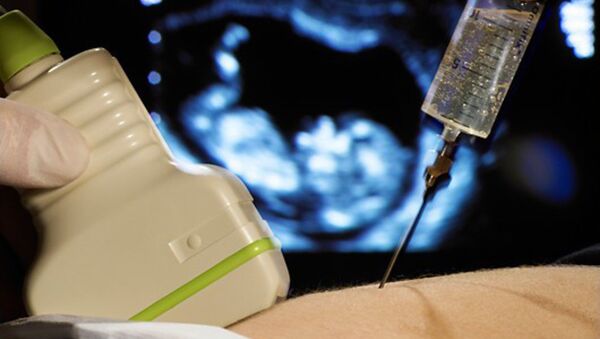Since 1970 when Germany began allowing sperm banks, over 120,000 children have been birthed through artificial insemination by anonymous donors. In 1989 however, the constitutional court ruled that these people have a right to learn who their father is, if they choose. This has created a problem though, as medical records are only required to be stored for 10 years.
Under the new plan, a database of the records would be set up at the German Institute of Medical Documentation and Information (DIMDI) and would be stored for 110 years. These records would only be available for children born after it is enacted, however.
"Donor-conceived children are often adults by the time they find out, and they are often told that there simply aren't any documents anymore," Anne, who declined to give her surname, the co-founder of Spenderkinder Verein ("organization for donor-conceived children"), told DW. "The new law will regulate new cases, but old cases will be left hanging."
Anne, who is mostly pleased with the law is disappointed that the law will not require parents to tell their children if a donor was used.
"From a psychological point-of-view, it's well known that it's important that children find out where they're from as early as possible, to make possible a continuous development of their identity," she said. "There are a lot of unpleasant situations where children only find it out much later in life almost by accident, after they've confronted their social parents."
"Usually people conceived from sperm donations aren't just interested in the identity data of their genetic father — they also want to know more about his background, especially his job and his personality," the Spenderkinder Verein said in a written response to the draft law.




